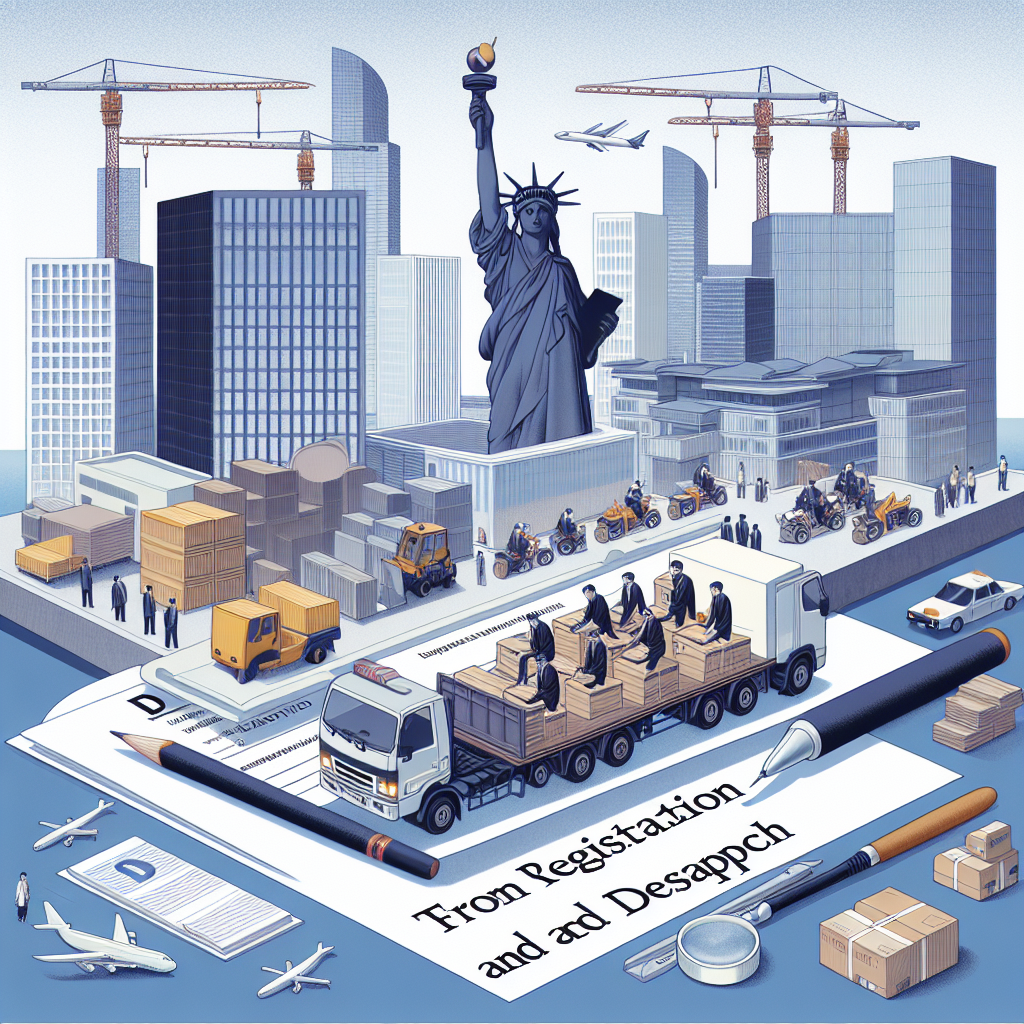Proses hukum TKI meliputi pendaftaran, persiapan, pemilihan, pelatihan, pengawasan, perlindungan, dan pengiriman.
Dari Pendaftaran hingga Pengiriman: Proses Hukum TKI
-
Table of Contents
- The Process of Indonesian Migrant Workers: From Registration to Deployment
- Introduction
- 1. Registration and Documentation
- 1.1 Pre-Registration
- 1.2 Registration at the Local Manpower Office
- 1.3 Training and Orientation
- 2. Selection and Placement
- 2.1 Job Matching
- 2.2 Employer Verification
- 2.3 Employment Agreement
- 3. Legal Protection and Pre-Departure Preparation
- 3.1 Legal Documentation
- 3.2 Insurance and Health Coverage
- 3.3 Pre-Departure Briefing
- 4. Deployment and Post-Deployment Support
- 4.1 Monitoring and Supervision
- 4.2 Grievance Handling
- 4.3 Reintegration Support
- Conclusion
The Process of Indonesian Migrant Workers: From Registration to Deployment

Introduction
Indonesia, as one of the largest labor-exporting countries in the world, has a significant number of its citizens working abroad as migrant workers. These workers, commonly known as Tenaga Kerja Indonesia (TKI), play a crucial role in the economic development of both Indonesia and their host countries. However, the process of becoming a TKI involves several legal procedures and regulations that aim to protect the rights and welfare of these workers. This article will explore the comprehensive process of Indonesian migrant workers, from registration to deployment, highlighting the legal aspects and challenges they face along the way.
1. Registration and Documentation
Before embarking on their journey as migrant workers, individuals interested in working abroad must go through a registration process facilitated by the Indonesian government. The Ministry of Manpower and Transmigration oversees this process, which involves several steps:
1.1 Pre-Registration
Potential migrant workers must first gather the necessary documents, including a valid passport, identification card, and birth certificate. They also need to complete a medical check-up to ensure they are fit for work abroad. Once these requirements are met, they can proceed to the next step.
1.2 Registration at the Local Manpower Office
The next stage involves visiting the local Manpower Office to register as a prospective migrant worker. Here, individuals will be required to fill out an application form and provide all the necessary documents. The Manpower Office will then verify the authenticity of the documents and conduct an interview to assess the applicant’s suitability for overseas employment.
1.3 Training and Orientation
Upon successful registration, prospective TKIs are required to attend a mandatory pre-departure training and orientation program. This program aims to equip them with essential knowledge and skills related to their future work, including language proficiency, cultural understanding, and basic labor rights. The training also covers topics such as financial management and personal safety.
2. Selection and Placement
After completing the registration and training process, prospective TKIs enter the selection and placement phase. This phase involves matching the skills and qualifications of the workers with the demands of potential employers abroad. The process includes:
2.1 Job Matching
The Manpower Office, in collaboration with recruitment agencies, matches the skills and qualifications of the registered workers with available job opportunities abroad. This process ensures that the workers are placed in jobs that align with their expertise and experience.
2.2 Employer Verification
Once a potential employer is identified, the Manpower Office conducts a thorough verification process to ensure the legitimacy and credibility of the employer. This step is crucial in preventing cases of illegal recruitment and human trafficking.
2.3 Employment Agreement
Upon successful verification, an employment agreement is signed between the worker and the employer. This agreement outlines the terms and conditions of employment, including salary, working hours, benefits, and other relevant details. It serves as a legal document to protect the rights and interests of both parties.
3. Legal Protection and Pre-Departure Preparation
Before departing for their host countries, Indonesian migrant workers receive legal protection and undergo pre-departure preparations to ensure their safety and well-being. The key aspects of this phase include:
3.1 Legal Documentation
The workers are provided with legal documentation, including an Overseas Employment Agreement (OEAs) and a Power of Attorney (PoA). These documents serve as proof of their employment and authorize designated individuals or agencies to act on their behalf in case of emergencies or legal matters.
3.2 Insurance and Health Coverage
Indonesian migrant workers are required to have insurance coverage that includes medical expenses, disability benefits, and repatriation costs. This insurance provides financial protection in case of accidents, illnesses, or other unforeseen circumstances.
3.3 Pre-Departure Briefing
Prior to departure, the workers attend a pre-departure briefing organized by the Manpower Office. This briefing provides them with essential information about their rights, responsibilities, and the laws of their host countries. They are also educated about potential risks and how to handle challenging situations abroad.
4. Deployment and Post-Deployment Support
Once all the necessary preparations are completed, the workers are ready for deployment to their respective host countries. The Indonesian government, along with various stakeholders, provides post-deployment support to ensure the well-being and protection of the workers. This support includes:
4.1 Monitoring and Supervision
The Indonesian government, through its embassies and consulates, monitors and supervises the working conditions of its migrant workers abroad. Regular visits and inspections are conducted to ensure compliance with labor laws and regulations.
4.2 Grievance Handling
In case of any grievances or disputes, the workers can seek assistance from the Indonesian government or the local embassy. Grievance handling mechanisms are in place to address issues related to unpaid wages, contract violations, abuse, or mistreatment.
4.3 Reintegration Support
Upon completion of their employment contract, the Indonesian government provides reintegration support to returning migrant workers. This support includes vocational training, job placement assistance, and financial counseling to facilitate their smooth reintegration into the local workforce.
Conclusion
The process of becoming a TKI in Indonesia involves a comprehensive legal framework aimed at protecting the rights and welfare of migrant workers. From registration to deployment, the Indonesian government ensures that workers go through a systematic process that includes documentation, training, selection, legal protection, and post-deployment support. However, challenges still exist, such as illegal recruitment and exploitation, which require continuous efforts to improve the overall system. By addressing these challenges and strengthening the existing legal framework, Indonesia can further enhance the protection and well-being of its migrant workers.







